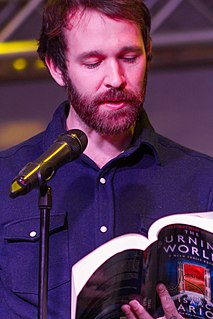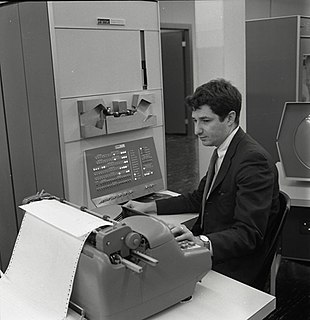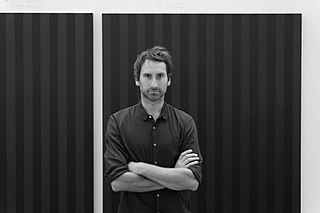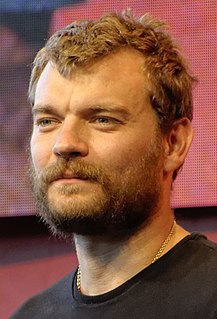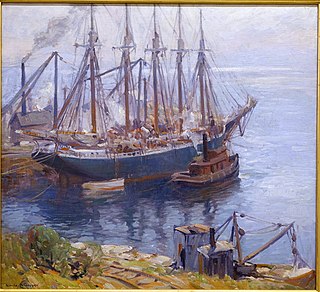A Quote by Neil Gaiman
It's harder to pick and choose when you're dead. It's like a photograph, you know. It doesn't matter as much.
Quote Topics
Related Quotes
I try to express with the camera what the story is, to get to the heart of the story with picture. In battle I look at things first in terms of people, second in terms of strategies or casualties... To tell a story, you don't photograph one hundred dead civilians to prove there were one hundred dead civilians. You photograph one dead civilian with an expression on his face that says, This is what it's like if you're a dead civilian in Vietnam.
I think you reveal yourself by what you choose to photograph, but I prefer photographs that tell more about the subject. There's nothing much interesting to tell about me; what's interesting is the person I'm photographing, and that's what I try to show. [...] I think each photographer has a point of view and a way of looking at the world... that has to do with your subject matter and how you choose to present it. What's interesting is letting people tell you about themselves in the picture.


